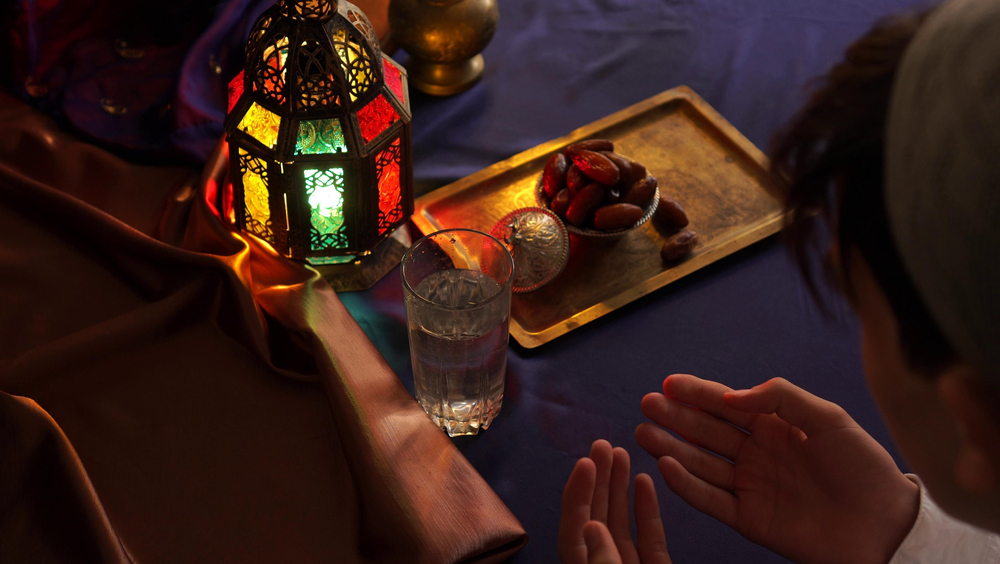Should I Stop My Supplication if the Time of Breaking the Fast Enters?
Hanafi Fiqh
Answered by Shaykh Abdullah Anik Misra
Question
When I start making dua at the time of iftar and I have not completed my dua yet, on the verge of the thing that I am asking for and suddenly the iftar time appears or hear iftar voices from masjids, should I leave my dua incomplete and break my fast or first complete my dua and then break my the fast?
Answer
In the Name of Allah, Most Merciful and Compassionate
You should complete your dua (supplication) that you are in the middle of while the time to break the fast enters, and then break the fast after you finish. This would not be considered an undue delay in breaking the fast, as making dua at iftar time is part of the blessing of fasting. [Ibn Nujaym, al-Bahr al-Ra’iq]
Wassalam,
[Shaykh] Abdullah Anik Misra
Checked and Approved by Shaykh Abdul-Rahim Reasat
Shaykh Abdullah Anik Misra was born in Toronto, Canada, in 1983. His family hails from India, and he was raised in the Hindu tradition. He embraced Islam in 2001 while at the University of Toronto, from where he completed a Bachelor of Business Administration. He then traveled overseas in 2005 to study the Arabic language and Islamic sciences in Tarim, Yemen, for some time, as well as Darul Uloom in Trinidad, West Indies. He spent 12 years in Amman, Jordan, where he focused on Islamic Law, Theology, Hadith Sciences, Prophetic Biography, and Islamic Spirituality while also working at the Qasid Arabic Institute as Director of Programs. He holds a BA in Islamic Studies (Alimiyya, Darul Uloom) and authorization in the six authentic books of Hadith and is currently pursuing specialized training in issuing Islamic legal verdicts (ifta’). He holds a certificate in Counselling and often works with new Muslims and those struggling with religious OCD. He is an instructor and researcher in Sacred Law and Theology with the SeekersGuidance The Global Islamic Seminary. Currently, He resides in the Greater Toronto Area with his wife and children. His personal interests include Indian history, comparative religion, English singing, and poetry.
